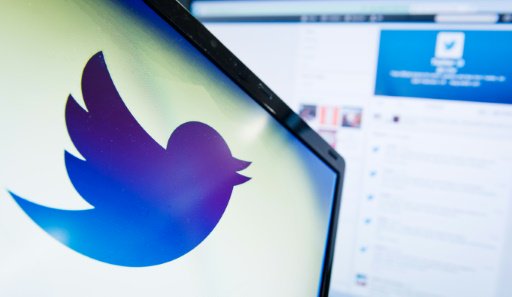most commented
Top Reviews
Hillary vs Trump: Most of the election chatter online by Twitter bots, says study
Image: Reuters
By tech2 News Staff / 08 Nov 2016 , 09:58
Social media platforms have paved way to more
open discussion. With the 2016 US Presidential elections arounf the
corner, wherein Hillary and Trump are battling it out, there has been a
lot of discussion about he elections online. But what if powerful
algorithms are put in place to drive the discussion? That’s exactly what
has been happening, at least to some extent.
A new study by Alessandro Bessi and Emilio Ferrara, University of Southern California researchers reveal that about one-fifth of the Twitter chatter was by bots. The study analyses Twitter activity over a number of weeks between 16 September and 21 October by tracking 23 hashtags that include #imwithher, #nevertrump, #neverhillary and more to conclude that among 7112 Clinton supporters, 590 were bots and 6522 were humans. While out of the 17202 Trump supporters, 1867 were bots and 6522 humans.

“By extrapolating for the entire population, we estimate the presence of at least 400 thousand bots, accounting for roughly 15 percent of the total Twitter population active in the U.S. Presidential election discussion, and responsible for about 3.8 million tweets, roughly 19 percent of the total volume,” the report states. The duo used a program called BotOrNot built by the Indiana University for doing so.

However, the study also claims that these bots weren’t as effective as humans to drive conversation, but many did retweet the tweets by bots. While the study gives us the number of bots, it says that information such as where these bots come from, who runs or created them is hard to tell.
The study finally states that the presence of social bots in online political discussion can create three tangible issues – influence can be redistributed across suspicious accounts that may be operated with malicious purposes, the political conversation can become further polarized and lastly the spreading of misinformation and unverified information can be enhanced. And, there has to be some sophisticated way to distinguish these accounts from the others. The conversations are no more real, or rather influenced. It should also be noted that the study is of mere one month and it would be interesting to know how these bots evolve over the time.
A new study by Alessandro Bessi and Emilio Ferrara, University of Southern California researchers reveal that about one-fifth of the Twitter chatter was by bots. The study analyses Twitter activity over a number of weeks between 16 September and 21 October by tracking 23 hashtags that include #imwithher, #nevertrump, #neverhillary and more to conclude that among 7112 Clinton supporters, 590 were bots and 6522 were humans. While out of the 17202 Trump supporters, 1867 were bots and 6522 humans.

“By extrapolating for the entire population, we estimate the presence of at least 400 thousand bots, accounting for roughly 15 percent of the total Twitter population active in the U.S. Presidential election discussion, and responsible for about 3.8 million tweets, roughly 19 percent of the total volume,” the report states. The duo used a program called BotOrNot built by the Indiana University for doing so.

However, the study also claims that these bots weren’t as effective as humans to drive conversation, but many did retweet the tweets by bots. While the study gives us the number of bots, it says that information such as where these bots come from, who runs or created them is hard to tell.
The study finally states that the presence of social bots in online political discussion can create three tangible issues – influence can be redistributed across suspicious accounts that may be operated with malicious purposes, the political conversation can become further polarized and lastly the spreading of misinformation and unverified information can be enhanced. And, there has to be some sophisticated way to distinguish these accounts from the others. The conversations are no more real, or rather influenced. It should also be noted that the study is of mere one month and it would be interesting to know how these bots evolve over the time.
Recommended For You
LAPTOP Reviews
-
Nov 8, 2016
-
-
-
-
SMARTPHONE Reviews































No comments:
Post a Comment